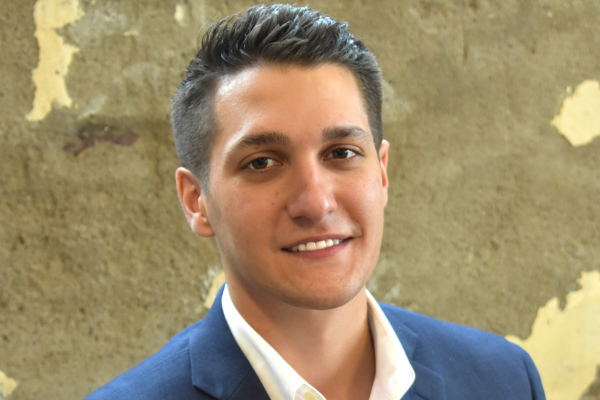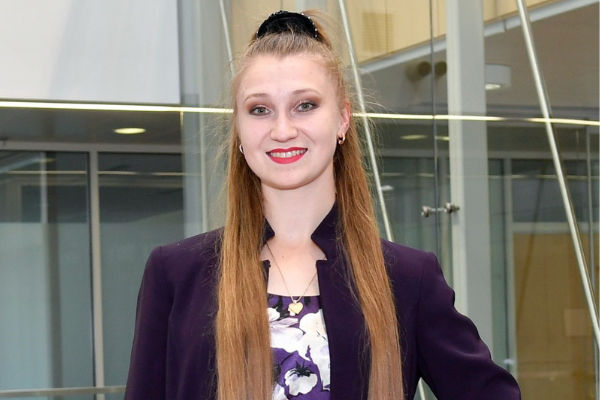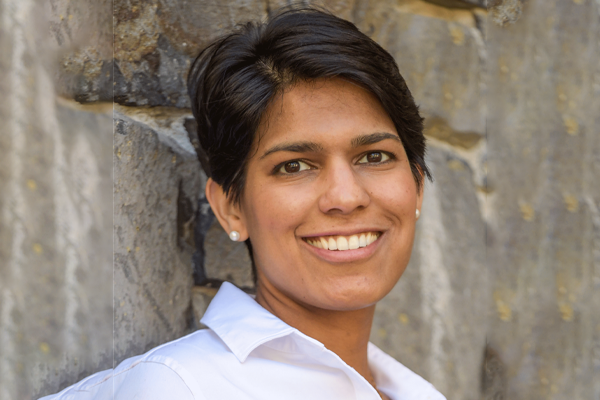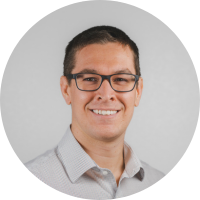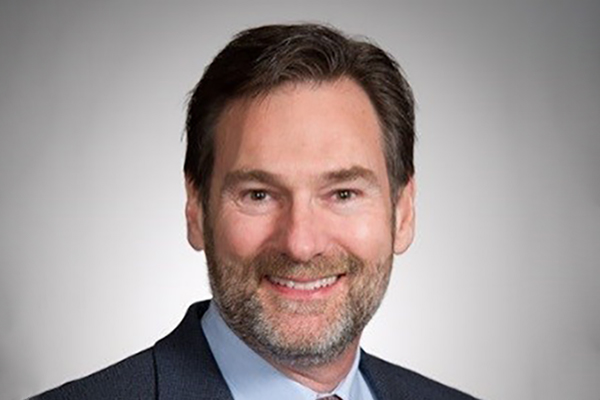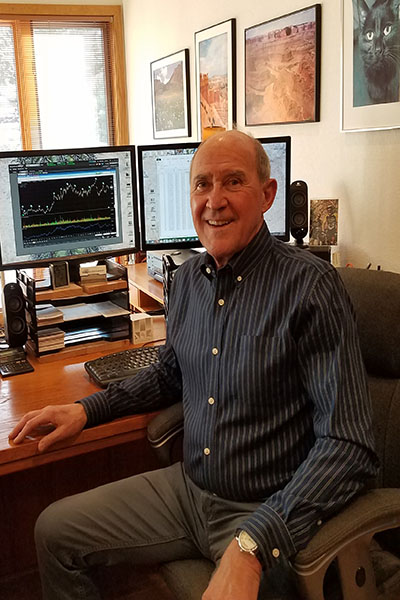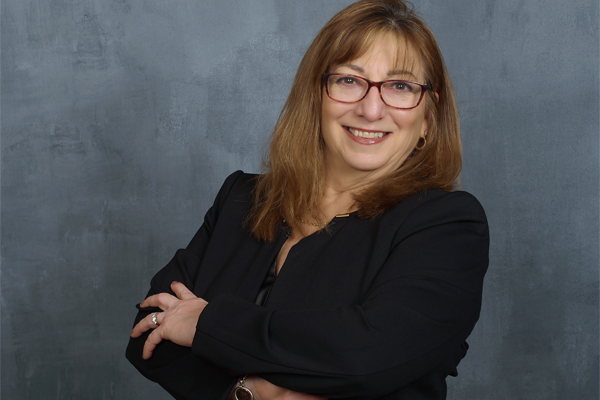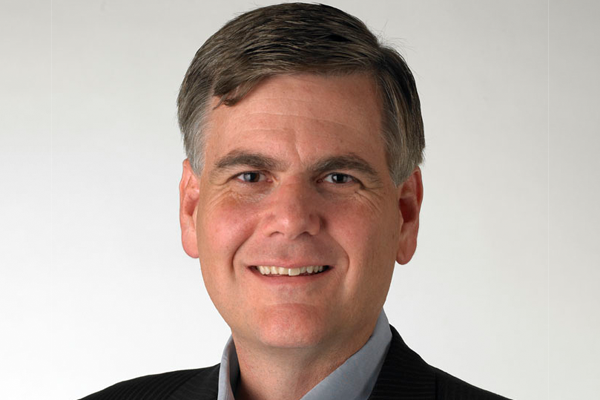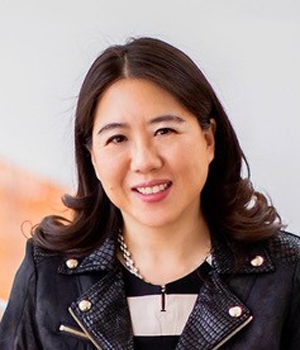
Dr. Vanessa Z Chan is a leading thinker in innovation & entrepreneurship having spent 20+ years at the interface of technology and business. She is the inaugural Jonathan and Linda Brassington Professor of Practice at the University of Pennsylvania, the Undergraduate Chair of Materials Science & Engineering and a member of the Executive Committee for Penn Health Tech. Prior to Penn she was at McKinsey & Company, where she was the first woman elected partner in the NA Chemicals Practice. As a partner she co-led their innovation practice and helped corporations with deep R&D portfolios commercialize their technologies. She was a founding member of United Technology Corporation's Innovation Business Development Advisory Council and is on various boards including Vanguard's Venture Board. At Penn she is transforming how engineers are educated by bringing real world skills into the curriculum and building a growth mindset in her students. You can learn more about her philosophy in her Commencement Speech to Penn Engineers at www.failingislikefarting.com
You've spent over 20 years innovating--how did you get your start in entrepreneurship? Do you think the transition would be different for today's young entrepreneurs as opposed to when you started?
I’m on the Board of Trustees for my daughters’ school, Springside Chestnut Hill Academy , where they are building an entrepreneurial mindset in our kids. Through my work in helping them to launch a venture incubator and seeing how they teach our kids, it has become clear that future generations need to be entrepreneurial to thrive.
When my daughter was in second grade, she was working on her invention through the incubator, which included prototyping, developing, and getting ready to pitch her invention on Demo Day. Watching her, I was inspired to take the many inventions I have in my head and try to bring them to life. Up until that point, I had not taken any risks in my career, I was not very entrepreneurial and did not have the skills I think this next generation needs. So, I decided to take the plunge, leave the comforts of the corporate world and try to build something from scratch by bringing my own inventions to life.
I figured if after 2 years of trying to bring my own product “loopit” to market, it didn’t work out, I could always find a more traditional job. I still would have 13 years of experience in the corporate world, I’d have a great story on my resume that most ex-McKinsey partners wouldn’t, including new skills that many corporate executives would not possess.
I think entrepreneurship is more “mainstream” than when I graduated 20+ years ago. Back then, the goal was to get a job in the corporate world or to get a graduate degree. Now I see my students at Penn building out ventures while they are studying and there is an ecosystem to support those goals that did not exist when I was a student, including venture competitions, classes you can take, etc. It’s been fun mentoring my students and seeing them build their own companies from scratch.
Are there any projects you're most proud to have contributed to?
I have to say bringing loopit to life is the project that I am most proud of because it was such an intimidating plunge from corporate consultant to a one-woman show. I learned things that I never knew how to do (like finding manufacturers, filing for a design patent, designing logos, crowdfunding etc.).
I moved from a fixed mindset to a growth mindset, thanks to my girls who were 7 and 9 at the time. They were FANTASTIC coaches because kids are pre-wired with a growth mindset and were able to give me great advice whenever I got in my own head and hit a stumbling block. It was a pretty incredible learning journey for me, which was made even more special when in a span of 18 short months I made it on the Today Show and sold “loopit” live on QVC. I really felt like I was living the movie “Joy”.
You’ve famously said on your website and in a 2018 University of Pennsylvania Engineering School Commencement Speech that "failing is like farting." How did you get to the point where you understood failure is natural?
I was always an insecure overachiever, and that part of me was reinforced as a youth in Hong Kong, growing up in a very traditional school system. Watching my child put herself out there for her invention, I realized that I had “achieved” a lot but I had never really taken a risk because, like many in my generation, I was afraid of failure.
In order to get the courage to leave the corporate world and to build something, I went back to my roots as an experimentalist. I realized that in reality, our lives are one big experiment, and as such, failure doesn’t really exist. Results can be positive or negative, good or bad, but even framing them as such, is an artificial judgment since, in the end, ALL results are positive/good if we learn from them. If you can frame it that way, then failure can’t exist because there’s no such thing as a bad result.
Becoming a successful entrepreneur is challenging enough but being a female innovator can have its own hurdles. What were some of those obstacles and how did you overcome them?
Honestly – the biggest obstacle with being an innovator has nothing to do with your gender but how creative you are. As an innovator, it doesn’t matter what your race, sex, gender, age, fitness level, political party etc., that you are –you will face obstacles if you don’t have creative DNA -- and Clay Christiansen has a great HBS article about an innovator’s DNA.
To be a great innovator you need to see problems, challenge the status quo and creatively think of solutions. The solution itself is agnostic to where it came from and what your demographics are.
Where I’ve seen challenges as a female is in organizations, big companies or academia, where people are trying to climb a career ladder. People like to mentor and promote people that remind them of their younger selves. As an Asian woman, there are not many people who look like me at the top of most organizations.
So to overcome this obstacle, you need to find supporters who lack these biases and are willing to take a risk on you and support your growth, even if you look nothing like the rest of the leadership or them. I’ve been lucky to have a few key people like that at McKinsey and now at Penn.
I'm sure you impart this wisdom to your students all the time, but it's time to share the love with our audience--what advice would you give to aspiring entrepreneurs?
Try something that you’ve never done before, something that you KNOW that you will suck at and see how far you go. When you fall, don’t judge yourself and be upset that you have failed, instead reframe it as a learning and move on. If you learn something it’s always a win.
Do you have any hobbies you indulge in during your free time, if you have any?
I’m an avid yoga practitioner and single-track mountain biker; it’s important at my age to exercise! I also love making anything. As a family, we design and bake insane birthday cakes every year that people think the Cake Boss made.
Up until COVID-19, my younger daughter and I were taking pottery classes on Saturdays since both of us wanted to learn the wheel. I also try to inspire others to make things and recently organized a knitting circle for 12 of my girlfriends (only a handful who knit) so that we could make pouches for the baby animals in Australia that had lost their mothers and homes. To me there’s no such thing as “free time” – life just blends into one big happy mess and I’m lucky to have friends and family who enjoy exploring new experiences together.
This article has been edited for length and clarity. The opinions expressed in this article are the author's own and do not necessarily reflect the view of their employer or the American Chemical Society.
Copyright 2020 American Chemical Society (All Rights Reserved)

